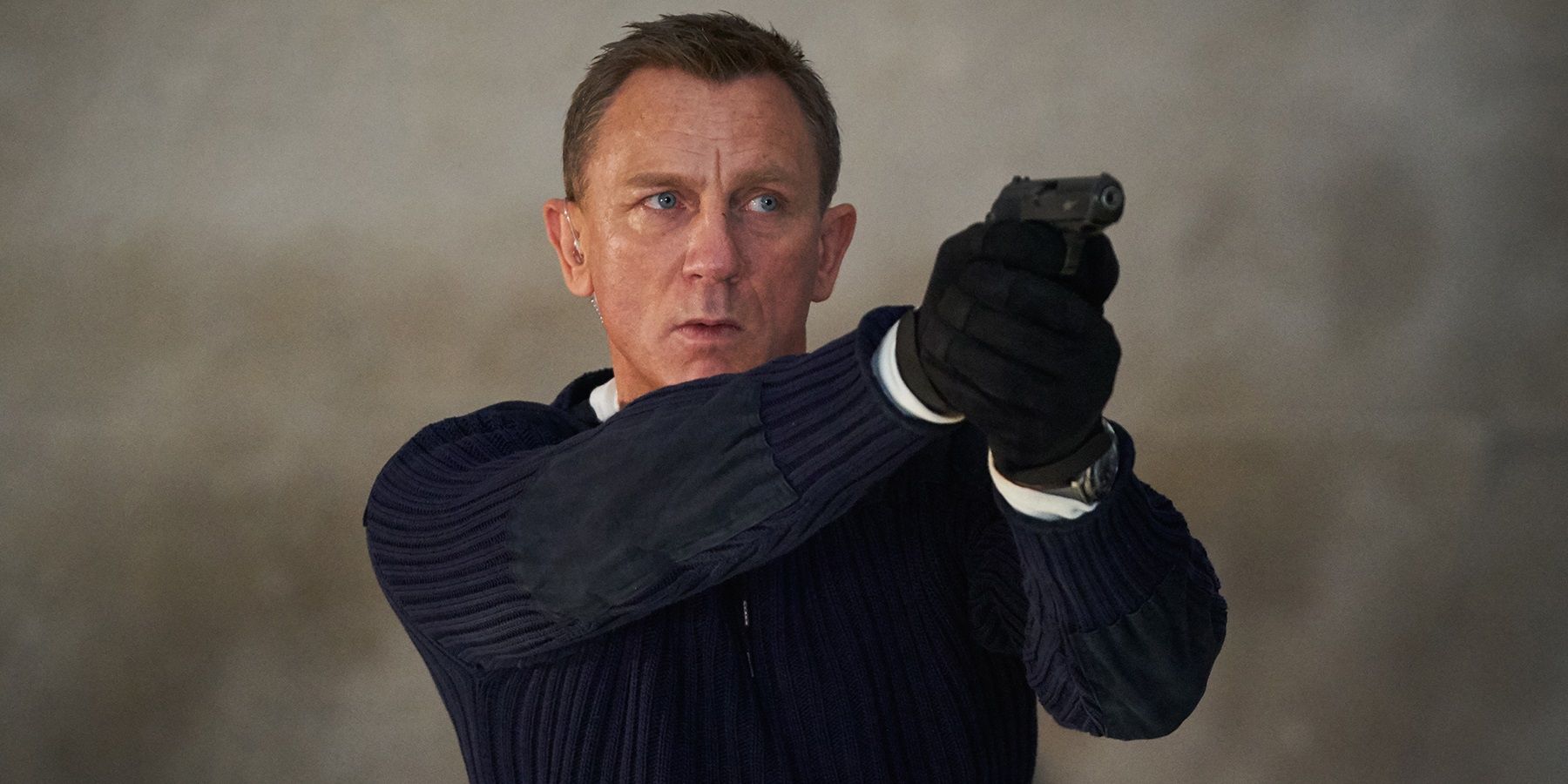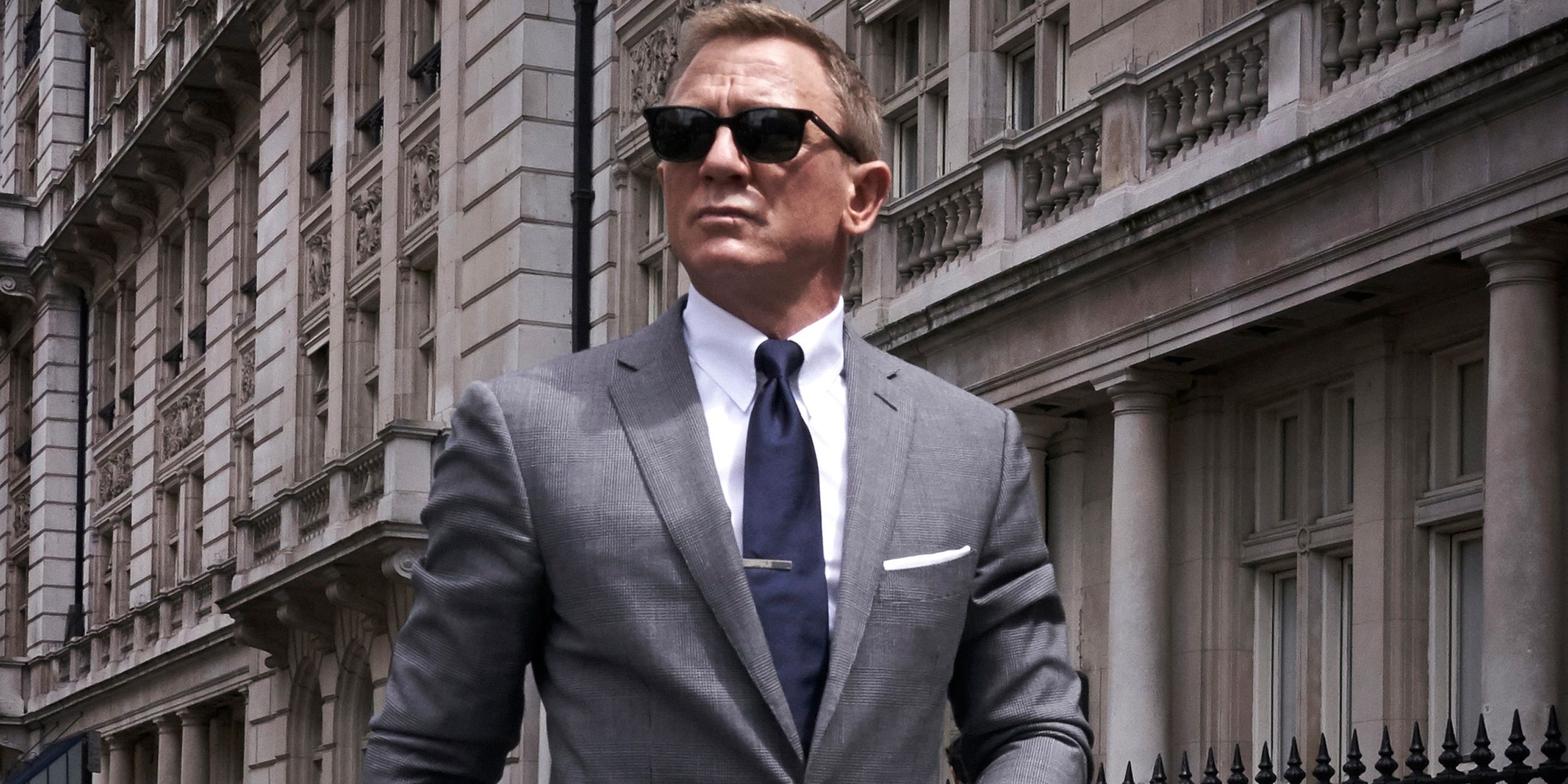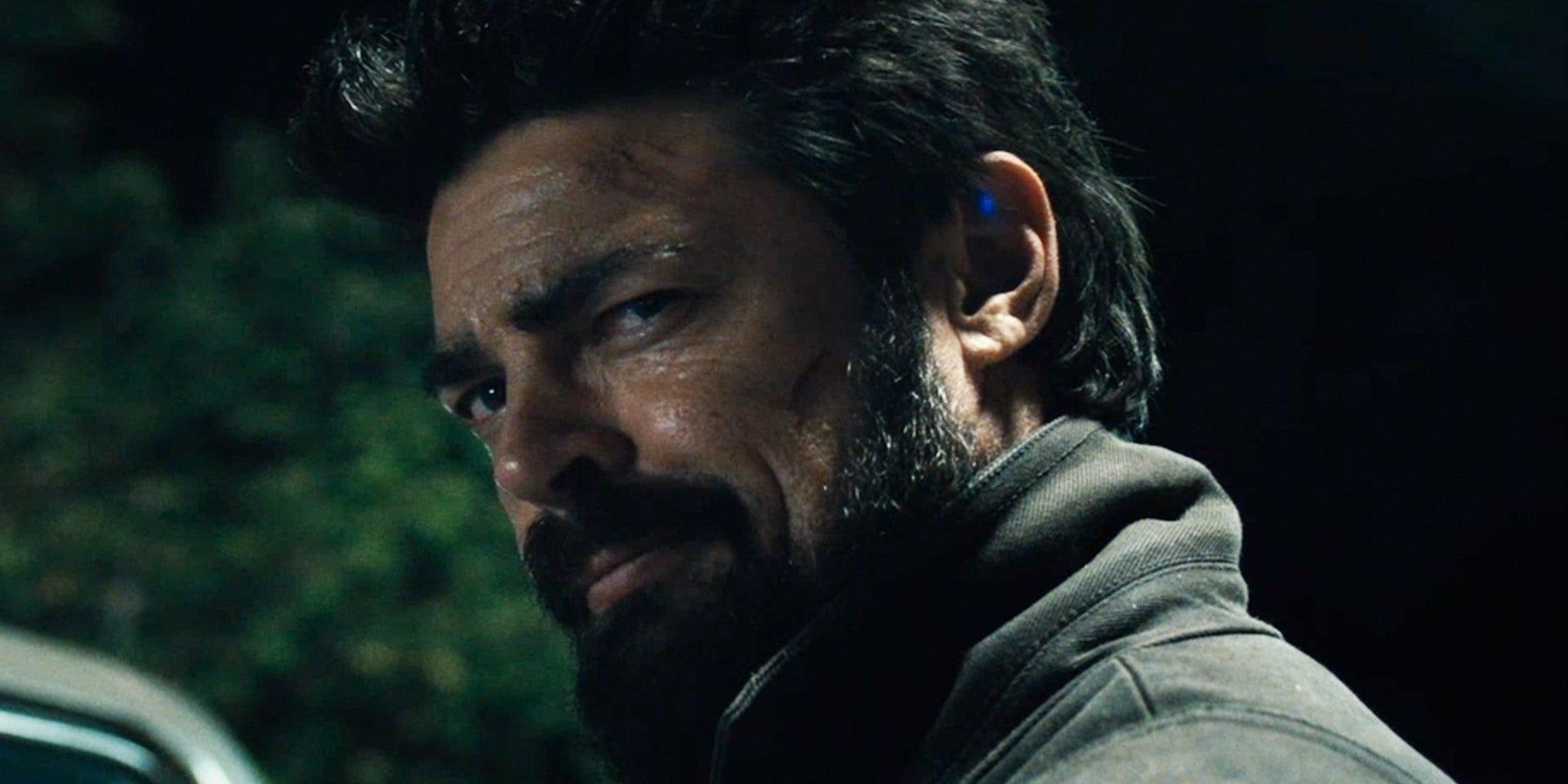Amazon recently acquired age-old movie studio MGM for a cool $8.45 billion, and much like Disney’s acquisition of Lucasfilm back in 2012, discussions about the deal have revolved around one asset in particular as opposed to the whole studio. In the case of Lucasfilm, of course, it was Star Wars. In the case of MGM, it’s James Bond. After the coronavirus has delayed the release of 007’s latest adventure for more than a year, his studio has been bought by a company desperate to hold onto its streaming subscribers.
Naturally, this corporate merger has created some concern within the fan base, as any corporate merger will do, but the most common concern isn’t that Amazon will pull the franchise’s theatrical releases and send its movies straight to streaming; it’s that Amazon’s film and TV executives will meddle in the creative side of the Bond movies in order to water them down for a wider audience or tweak the familiar tropes to keep up with modern times.
The concerns about Amazon demanding a say in the creative side of the franchise seem a little overblown. This isn’t the first time that Bond has been owned by a big corporation that wanted to maximize its profits. Amazon is just the latest in a long line of corporate overlords that Eon has had to contend with in their nearly 60 years of producing Bond’s cinematic outings. And the company is only getting a 50% stake in the Bond empire in this deal with MGM. Barbara Broccoli and her half-brother Michael Wilson, who have been steering the H.M.S. Bond from the very beginning, still retain their own 50% stake and have been explicitly guaranteed creative control of all future Bond movies.
John Logan, who contributed to the screenplays for both Skyfall and Spectre, recently published an op-ed piece in The New York Times about the Amazon deal. He wrote, “What happens if a bruising corporation like Amazon begins to demand a voice in the process? What happens to the comradeship and quality control if there’s an Amazonian overlord with analytics parsing every decision? What happens when focus groups report they don’t like Bond drinking martinis? Or killing quite so many people? And that English accent’s a bit alienating, so could we have more Americans in the story for marketability?” This assumes that the executives in charge of Amazon’s streaming output are corporate drones with no artistic merit, but if the dark alternate history of The Man in the High Castle or the raw honesty of Tig Notaro’s One Mississippi are anything to go by, the opposite is true.
The expensive nature of Bond’s globetrotting adventures means that he’s always going to need a giant corporation with deep pockets to fund his big-screen outings. If anything, the franchise will be in safe hands with Amazon. Prime originals like The Boys and Borat Subsequent Moviefilm have proven that Amazon is more interested in pushing the envelope than appeasing focus groups. If Amazon’s executives are happy with Billy Butcher’s constant C-bombs and Borat’s “Wuhan Flu” song, they’ll surely allow 007 to keep drinking martinis.
And even if they do want to get rid of the martinis, the martinis don’t maketh the man. Letting go of the past might not be such a bad idea. With Daniel Craig departing from the role of Bond and a reboot inevitably around the corner, Amazon might be looking to revitalize or rejuvenate the franchise following the merger. But that’s how the Bond franchise has survived for so many years: it keeps reinventing itself. The Timothy Dalton films took a dark turn after the latter-day Roger Moore movies got too silly. GoldenEye modernized 007 without losing his edge. Casino Royale offered a refreshingly gritty sense of realism. Change is a good thing. As long as it still feels like Bond – and with the Broccoli/Wilson dream team still at the helm, it surely will – audiences will embrace a story that’s bold and fresh and exciting.
Bond fans shouldn’t be too worried about Amazon meddling in the creative side of the Bond movies. Broccoli and Wilson’s artistic control will live another day. The fan base’s main concern should be whether the movies will still get a theatrical release. If a huge franchise like Bond can’t even secure theatrical releases in this increasingly streaming-based moviegoing landscape, then Martin Scorsese might be right that cinema is dead.
Hopefully, Disney’s success with its “Premier Access” releases and HBO Max’s success with simultaneously releasing movies in theaters and on its streaming platform will convince Amazon to find a middle ground that will allow it to make as much money as possible out of 007 on the streaming side while still allowing audiences to see the series’ output in theaters, because the globetrotting adventures and death-defying stunts of the Bond franchise demand to be seen on the big screen.



